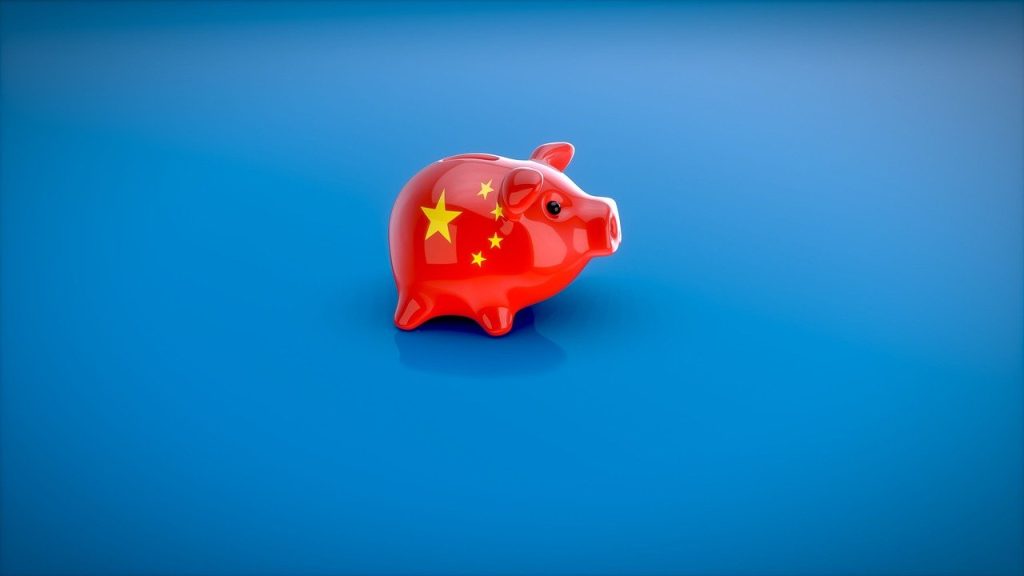The economy grew by 4.9 percent in the third quarter, according to official figures, which was the lowest rate since last year’s covid 19 pandemic. Evergrande issues continue to linger, and the post-pandemic recovery slows down.
The growth rate was slower than 7.9% in April-June and 5.2% predicted by economists, according to official figures released earlier this month. This pattern is quite specific to Chinese economy and not the rest of the world.
GDP expanded at a slower rate in the third quarter than it had in the previous three months when 4.9 percent growth was recorded. This is a further fall from a first-quarter record of 18.3%, according to official statistics released on Monday. The data revealed that quarterly GDP increased by 0.2% between July and September.
According to Reuters calculations, new construction starts in September fell 13.54 percent from a year earlier, the third month of double-digit declines. It will add to worries that the property industry, which contributes up to 25% of GDP, may drag the entire economy into a recession as well as concerns that China Evergrande Group may officially default on its offshore debts.
In the wake of the news, Asian equities plummeted. Hong Kong suffered the most, with a drop of 0.53 percent on the Hang Seng. Crude oil rose by more than $1 to $85.89 per barrel.
“The authorities are desperately seizing on the slightest piece of good news,” Julian Evans-Pritchard, a senior China economist at Capital Economics, said. “Capital Economics’ activity proxy indicator is currently suggesting that GDP has experienced a sharp decline.”
Despite the fact that some of the recent drops in services have begun to reverse, both business and construction are on the verge of a more substantial downturn.
“In the coming weeks, many mortgage lenders will begin to provide customers with a repayment estimate,” he added. “While protecting consumers and homebuyers at all costs is critical, so too is preserving creditor and stockholder rights.”
According to Yi, the People’s Bank of China was taking various actions to avoid financial dangers, including re-capitalizing small and medium-sized banks.
